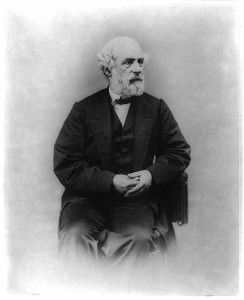The Civil War has changed America in some ways over the last four years, but Yankees are still firing off cannon to honor Washington’s birthday. And rain makes Virginia “one vast quagmire” – the Dispatch doesn’t anticipate General Grant trying his own “mud march.” Disregarding General-in-Chief Lee’s advice, the Confederate Congress apparently tabled a bill to recruit blacks troops. Reserve commanders were ordered to use their forces to round up missing white soldiers, to “employ them [the reserves] vigorously in arresting and returning to the army all deserters and absentees.” That would seem to be even more important if you weren’t going to get the 200,000 black men.
From the Richmond Daily Dispatch February 24, 1865:
Friday morning…February 24, 1865
The news.
The Richmond and Petersburg lines.
Since the salutes fired by the Yankees on the 22d, the sound of big guns has not been heard on the north side of the James. At Petersburg, the national salute was fired by Grant’s artillery with shotted guns, some of the shells falling in the city. On this side, as we have before stated, they contented themselves with letting off blank cartridges.
For several days past there has been so much stir within the enemy’s lines south of Petersburg as to give rise to the report that they were concentrating for another attack on our extreme right. As, however, no attack has been made, it is probable the commotion observed was incidental to the removal of a part of the Yankee army to City Point, en route to co-operate with Schofield and Sherman in the Carolinas. If any offensive movement against the Petersburg lines was contemplated by Grant, it has been indefinitely postponed by the drenching rain of yesterday, which has converted Eastern Virginia into one vast quagmire.
From the South.
The city was, yesterday, filled with rumors relative to military movements in North and South Carolina; but we have no official intelligence from that quarter. We, however, know that affairs in that quarter are already beginning to wear a more pleasing aspect.
General Joseph E. Johnston was, on Wednesday, ordered to report to General Lee; and it is the general opinion that he has been assigned to the command of all the forces operating against Sherman. It has been a rumor for some days that General Beauregard had asked to be relieved on account of ill health. General Johnston had been with General Beauregard since our troops fell back from the line of the Edisto.
Negro soldiers — the question disposed of.
The Confederate Senate, on yesterday, removed the injunction of secrecy from the proceedings on the Senate bill, introduced by Mr. Brown, of Mississippi, to provide for raising two hundred thousand negro troops. It appears that the bill was lost in the Senate on Tuesday, the 21st instant, by a vote of eleven to ten. Those who voted for an indefinite postponement of the bill — which amounts to its defeat — were Messrs. Baker, Barnwell, Caperton, Garland, Graham, Hunter, Johnson of Georgia, Johnson of Missouri, Maxwell, Orr and Wigfall.
Those who voted in the negative were Messrs. Brown, Burnett, Haynes, Henry, Oldham, Semmes, Simms, Vest, Walker and Watson.
In official circles, this is considered as disposing of the question of putting negro soldiers into our armies finally. The House negro soldier bill, which is very similar to the Senate bill, has not been, and it is now believed will not be, acted upon by the Senate.
Important to the reserves.
The following important order, just issued by the Adjutant-General, will be found especially interesting to all those belonging to the reserve forces. It will be seen that the whole business of enforcing the conscript law is devolved upon them. We give the general order:
“Adjutant and inspector general’s Office, “Richmond, Virginia, February23, 1865.
“General Orders, No. 8.
“I General of reserves will immediately place upon active duty every man belonging to that class who is not specially detailed, or has not been turned ever to generals commanding armies, departments or districts. They will organize them into convenient bodies, and will employ them vigorously in arresting and returning to the army all deserters and absentees.
“II. This service will, for the present, constitute the primary duty of officers of the reserve forces, and they will enter actively upon it.
“III. Generals of reserves will visit and inspect the localities in which this force is most needed, and can be most beneficially employed, and will give their personal attention to the organization and operations of their troops in carrying out these orders. They will report twice a month to the Adjutant and Inspector-General the number of men arrested and sent by them to the army.
“IV. Generals commanding armies will return to the generals of reserves for this duty all the reserve forces in active service that are not indispensably necessary in the field.
“V. It is not intended that these orders shall effect the reserves employed in guarding railroad bridges.
“By order.
[Signed] “S. Cooper,
“Adjutant and Inspector-General.
“Official H. L. Clay,
“Assistant Adjutant General.”

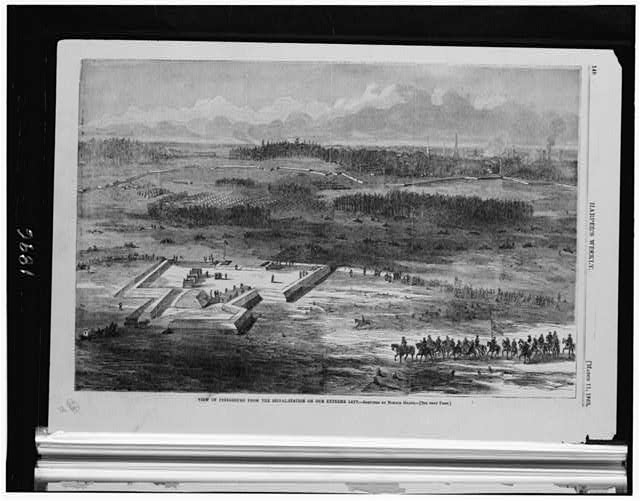
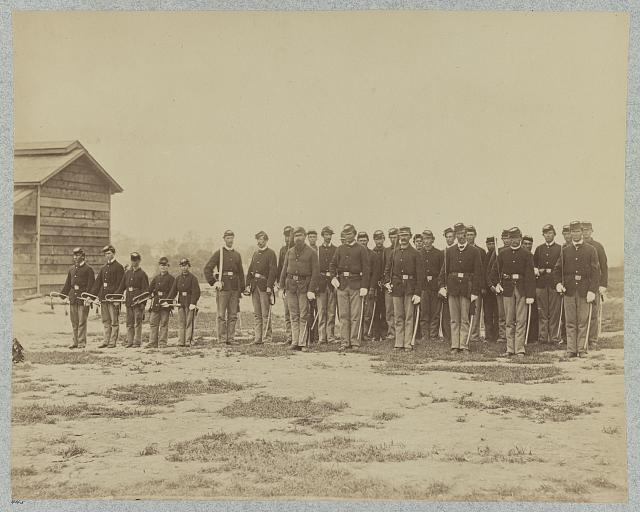
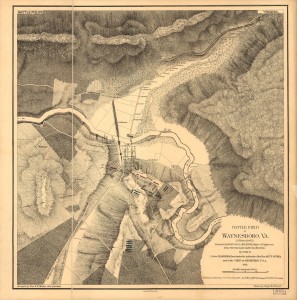
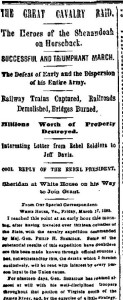

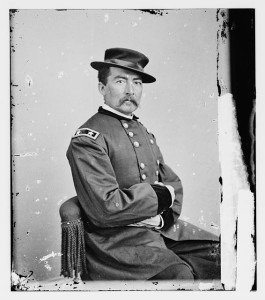
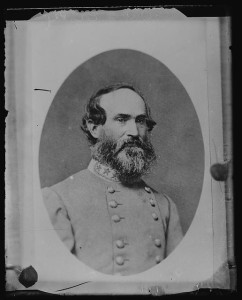
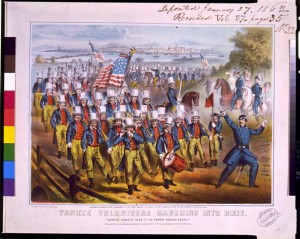
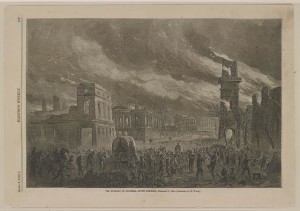
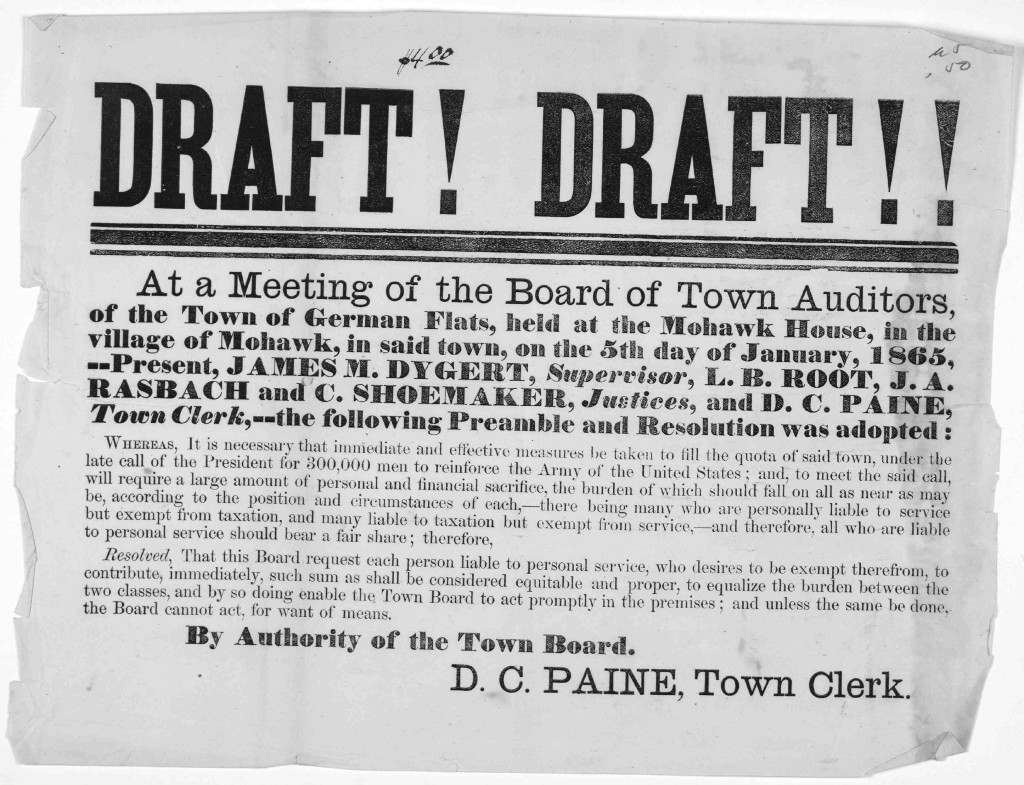
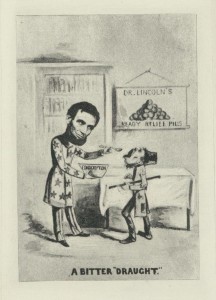
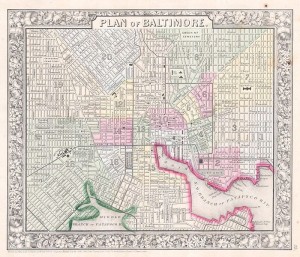
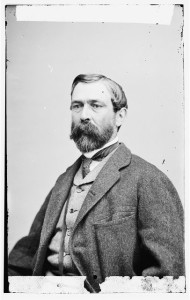
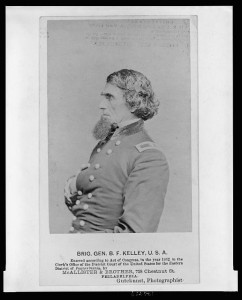
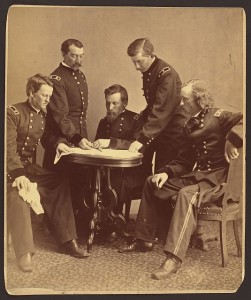
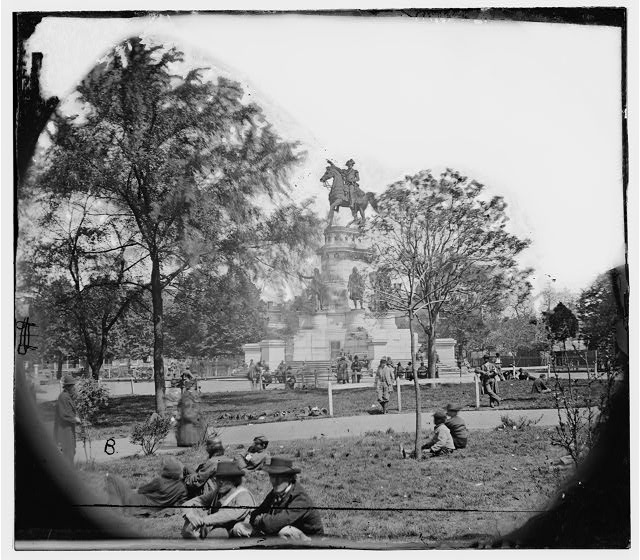
![Unidentified African American soldier in Union uniform and Company B, 103rd Regiment forage cap with bayonet and scabbard in front of painted backdrop showing landscape with river] (between 1863 and 1865; LOC: LC-DIG-ppmsca-36988)](https://www.bluegrayreview.com/wp-content/uploads/2015/02/36988r-239x300.jpg)
